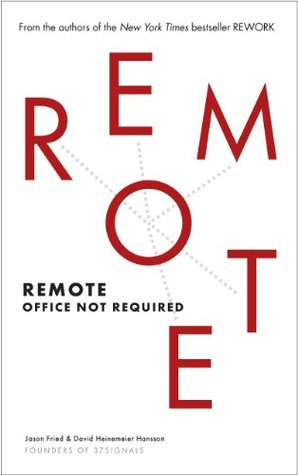The city is the original talent hub. Traditionally, those who ran the engines of capitalism thought: “Let’s gather a large number of people in a small geographical area where they must live on top of each other in tight quarters, and we’ll be able to find plenty of able bodies to man our factories.” Most splendid, Sir Moneybags! Thankfully, the population-density benefits that suited factories proved great for lots of other things too. We got libraries, stadiums, theaters, restaurants, and all the other wonders of modern culture and civilization. But we also got cubicles, tiny apartments, and
The city is the original talent hub. Traditionally, those who ran the engines of capitalism thought: “Let’s gather a large number of people in a small geographical area where they must live on top of each other in tight quarters, and we’ll be able to find plenty of able bodies to man our factories.” Most splendid, Sir Moneybags! Thankfully, the population-density benefits that suited factories proved great for lots of other things too. We got libraries, stadiums, theaters, restaurants, and all the other wonders of modern culture and civilization. But we also got cubicles, tiny apartments, and sardine boxes to take us from here to there. We traded the freedom and splendor of country land and fresh air for convenience and excitement. Lucky for us, the advances in technology that made remote working possible have also made remote culture and living much more desirable. Imagine describing to a city dweller of the 1960s a world in which everyone has access to every movie ever made, every book ever written, every album ever recorded, and nearly every sports game live (in higher quality and better colors than at any time in the past). Surely, they would have laughed. Hell, even in the 1980s they would have laughed. But here we are living in that world. There’s a difference, though, between taking it for granted and taking it to the logical conclusion. If we now have unlimited access to culture and entertainment from any location, why are we still willing to live bound by the orig...
...more
This highlight has been truncated due to consecutive passage length restrictions.


